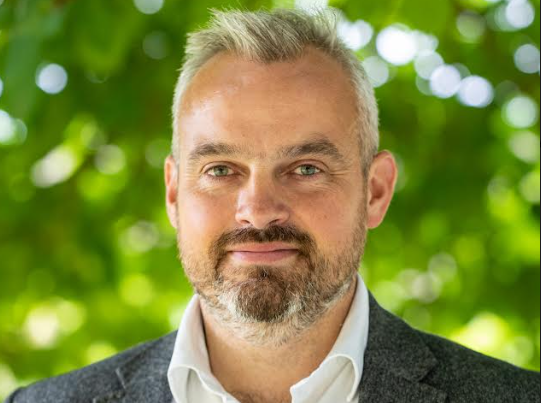Most charity sectors have seen a drop-in support among mass participation fundraisers over the last year amid the cost-of-living crisis, research has found.
Online fundraising platform Enthuse’s Mass Events 2023 report looked at the types of charities supported by participants in marathons, sponsored walks and other events, in the 12 months to Autumn this year.
Over this period support for animal charities decreased from almost a quarter of event participants to a fifth.
NHS, hospitals and hospices charities support dropped from more than a quarter to a fifth.
Charities supporting children, mental health, disease research, foodbanks, environment and local community causes all saw drops in support from event participants.
Meanwhile, charities supporting older people and the arts stayed the same at 8% and 3% of participants respectively.
Good causes to see a rise in support from event participants include those focused on education, faith and overseas aid.
Enthuse’s report also found an increase in people not taking part in events as they don’t want to ask people for money, or say they are too busy to raise funds.
More than two in five in 2023 said a barrier to participation is not wanting to ask people for money, compared to just over a third giving this reason last year.
Almost one in six said they were too busy in 2023 to take part, compared to just over one in ten last year.
🏃♀️The Mass Events Report 2023 is live! 🚴
— Enthuse (@enthuseco) November 8, 2023
Our annual report looks at:
🧡People's appetite for mass events
💪How well they fundraise
📱Their use of social media
The report includes a guest foreword from the good people at @samaritans.
Get your copy: https://t.co/3VIPUxTfrK
Enthuse says “the cost-of-living continues to present a challenge to charities” and is seeing a more “cautious” approach from participants, in contrast to a willingness to give by donors.
It found that “despite the cost-of-living crisis, 86% of the public say they almost always donate when they receive a request to support someone doing a charity event”.
“It’s important for charities to make sure their participants and potential participants know that fundraising may be easier than they think”, said Enthuse.
Advice on boosting support
It adds that “there is positive news in terms of the future” as one in five of the public has either already signed up for a charity branded mass participation event or has chosen one that they plan to sign up to over the next 12 months.
In addition, more than two in five are thinking about signing up.
“This is a significant audience with a wide range of motivations – for charities it is worth considering how to target these potential participants,” said Enthuse.
“For example, for more entry level events, it is worth good causes giving some thought to how they can market them as a good way to start the fitness journey.
Enthuse also found that almost a quarter of the public say they do not donate because “they either forget or didn’t have time to do it when asked”.
Charities are urged to ensure they are “encouraging their participants to regularly post their fundraising pages will help to make sure less donations are missed out on”.
They are also being urged to ensure their participants have fast and easy access to setting up fundraising pages with the highest fundraisers saying the most successful time for raising money is “straight after they have set up their page”.
More can also be done to encourage fundraisers to sign up early to give them more time to raise money. Enthuse found that almost half of participants sign up with less than three months to go to an event.
While this is a “sharp improvement” on last year’s proportion of almost two thirds it is still higher than pre pandemic rates of around two in five participants, Enthuse found.
For those who sign up late “charities should consider how they can help participants with the ideas and ability to fundraise in short time scales”, added Enthuse.
Investment in event apps is also being called on. Almost three in ten experienced fundraisers recommend their use in driving donations on the day of the event.
“Making sure your charity and your participants can take donations through event apps is an important part of the fundraising mix,” said Enthuse, whose research is based on a sample of 2,547 members of the public.
Just under a quarter say they have taken part in a charity branded mass participation event over the last year. Those aged 18 to 34 are more likely to take part, with more than a third of this group getting involved.
"It’s likely this is at least in part driven by their larger social circles with friends or family
encouraging them to get involved in events they are taking part in. It’s also likely that work based fundraising is having an impact here with company participation and fundraising drives getting younger age groups involved," Enthuse added.
















Recent Stories